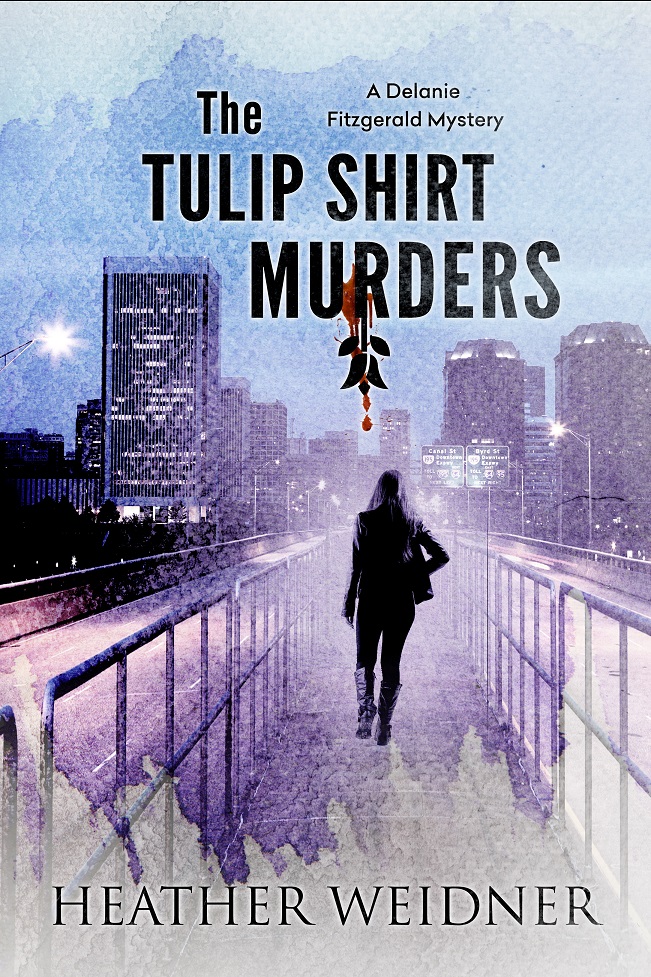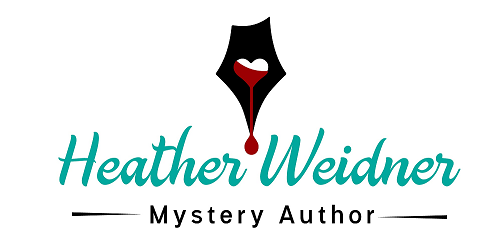How Social Media Analytics Can Help Authors
/Analytics and numbers are important. They can tell you a story about your social media footprint and what your readers are seeing (or not seeing). Sometimes, as an author, we get too wrapped up in writing and marketing that we don't watch our metrics and see what they are telling us.
Blog/Websites - I look at my website/blog analytics at least daily. This tells whether or not the site is getting active traffic. My website has a new geographic feature that shows me on a world map where my visitors are coming from. That helps when I want to target ads to my readers. Plus, it's really cool and humbling to see all the readers from different countries.
These numbers will tell you if your blog promotions are working. You can see the date/time when users hit your site. This also gives you a clue for days/times that are best for your posts. Most of my North American readers are active between 7:00 and 10:00 PM. My European readers are active between 12:00 AM and 2:00 AM (my time).
Over time (and that's the key; you need to build up several months' worth of information), the popular content metrics will tell you what posts and pages draw the most viewers (and which do not). Keep this in mind when you revamp your site. You can also see which types of blog posts are more popular too. Do more of what gets attention. Cut out what's being ignored.
Facebook - As you increase your page likes on Facebook, you get access to more analytics on your fan/author page. Click Insights to see the information. You can see traffic and how many people your posts reached. In the middle of the page, you can see your most recent posts and the number of people you reached organically (without advertising) and through paid ads or boosts. I typically check these analytics before, during, and after an ad campaign or a post boost.
Twitter - To see your Twitter analytics, click the Tweet Activity link on your home page. It shows the number of tweets (Tweet Count) and your impressions. An impression is a tweet that generates interactions/replies. Change the date range to see information for different time periods.
There are smaller graphs on the site that depict your number of interactions, link clicks, retweets, likes, and replies. This information shows you what type of content is generating interaction. And this can help you reconfigure your content to subjects that create more activity. You will see whether tweets with pictures/videos or specific hashtags generate more activity.
Numbers tell a story, and I think they're important. I just don't recommend you spend excessive time fretting over them. (You have your next book to write.) You will lose and gain followers. It happens. You'll post something that you think is brilliant and get no responses. Then other times, you'll post something benign, and it goes viral. I look at posts that generate a lot of traffic and try to craft future posts like them. I also at my posts to ensure that they are not all "buy my book." "Social" is the key to social media. Authors who are successful on their social media sites know how to interact, comment, share information, and share others' celebrations.
Happy posting. Look me up on social media.






















